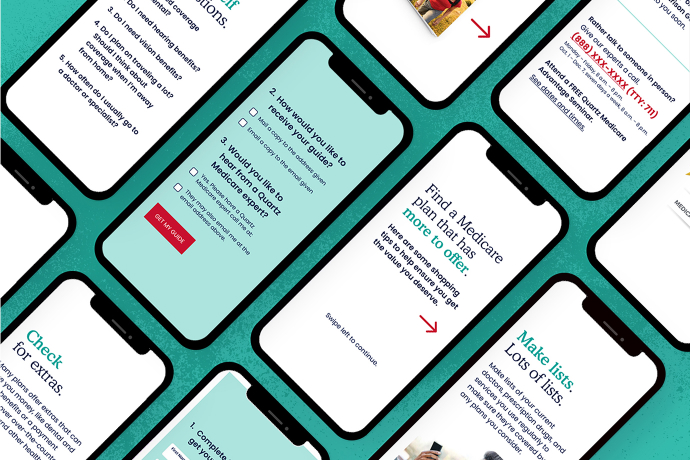Patient Communities Offer Medical and Social Support

One of the best qualities of the Internet and social media is the potential for bringing together people and information in a meaningful way. The benefits of that intersection can be personal (you’ve heard the stories of people finding birth parents via Facebook or coming together via social media to find organ donors) or global (as in a social campaign to bring clean water to the world). Either way, the possibilities are inspiring.
The healthcare industry, for example, is figuring out that “social media can improve care for patients with chronic disease” (MediaPost). And the proof points aren’t just anecdotal – they’re confirmed via studies like “Using Online Health Communities to Deliver Patient-Centered Care to People with Chronic Conditions” (Journal of Medical Internet Research).
Regardless of the model – clinic-based online health communities or personal health communities (an individual’s healthcare team) – participants feel “knowledgeable,” “supported” and “empowered” (in the words of the study’s authors). The authors say these communities “help patients become active participants in their own care and more engaged partners for health professionals.” The result? “Improved behavioral and clinical outcomes” compared to non-users of online tools.
The authors report the online communities have financial benefits, as well. They say, “Supporting patients with chronic diseases… to self-manage their condition helps to improve the quality and safety of care and reduces costly and inappropriate use of healthcare resources.” In addition, participating healthcare providers “treated a higher volume of patients per year.”






